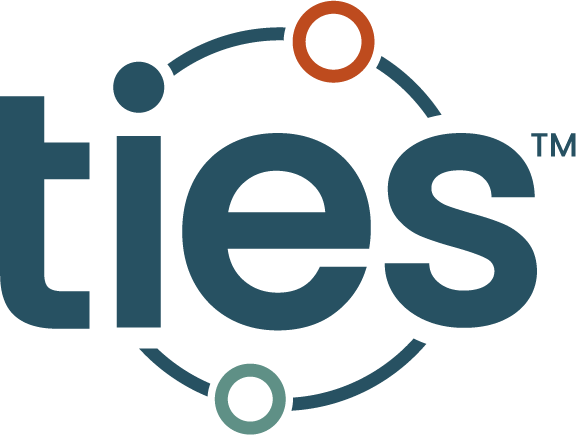

Bipartisan Federal Act Would Provide $25 Million for STEM Ecosystems
WASHINGTON, D.C. – U.S. Senators Mark Kelly (D-AZ) and Jerry Moran (R-KS) Thursday introduced the Strengthening STEM Ecosystems Act, legislation to boost STEM workforce and job training.
The bill would establish a grant program within the National Science Foundation to provide funding to STEM (Science, Technology, Engineering, and Math) Ecosystems and their partners to better connect communities, share knowledge and create pathways for students to enter STEM careers.
Kelly and Moran worked closely with the STEM Education Coalition, The Teaching Institute for Excellence in STEM, TIES, and leaders from the STEM Learning Ecosystems Community of Practice to understand how STEM Learning Ecosystems function, including their deep and effective cross-sector partnerships.
“STEM Ecosystems are effective at bringing together nonprofits, schools districts, businesses, museums, universities, and more,” said Moran. “I have been a longtime supporter of STEM education.”
Kelly, a former NASA astronaut, said he believes that strong STEM skills are the best way to prepare workers for the “many high-paying jobs of the future” and ensure that the United States maintains its “competitive edge on the global stage.”
Jan Morrison, founder and chief executive officer of TIES which co-founded and serves as the backbone organization for the STEM Learning Ecosystems, said the Bill is a critical milestone for the 8 year-old initiative.
“The STEM Learning Ecosystems have changed communities and the lives of Americans. We’ve done this by good old-fashioned hard work, by collaboration and by recognizing that STEM is the way to solve our nation’s grandest of challenges,” Morrison said.
Jeremy Babendure, executive director of the SciTech Institute of Arizona, one of the 94 STEM Learning Ecosystems, said he believes the legislation will be a transformative investment “to enable regional STEM ecosystems across the country to connect their business, education, and community organizations to collectively inspire and engage millions in STEM.”
TIES and the STEM Learning Ecosystems Community of Practice will host a webinar at noon eastern Tuesday, Feb. 15 to explore the Bill and focus on STEM Ecosystems’ opportunities now. Register for the webinar here.
With jobs in STEM fields expected to grow dramatically in the next decade, the Bill will support scaling existing initiatives and ensure STEM Ecosystems and their organizations are involved in workforce development, education, and economic planning.
The Bill’s proposed grant program would promote the exchange of knowledge and better connect communities to their STEM partners, while helping states avoid costly and unnecessary programmatic duplication.
“Our nation’s future prosperity depends on excellence in science, technology, engineering, and mathematics and on making sure every single child in this country has a fair shot at excelling in these critical fields,” said James Brown, executive director, STEM Education Coalition.
“Investing in the capacity of regional, state, and local community-based and STEM focused organizations that aspire to this goal is the foundation of a sustainable strategy to keep our country strong and competitive. The Strengthening STEM Ecosystems Act is a novel, bipartisan approach to meet this challenge.”
About TIES and The STEM Learning Ecosystems Community of Practice
With philanthropic support from some of the nation’s leading businesses and foundations, the STEM Learning Ecosystems has grown to encompass 100 Ecosystems in 34 states. While all Ecosystems work to improve STEM learning, no two Ecosystems are exactly alike. TIES facilitates the design of Ecosystems and the sharing of learning among them.

